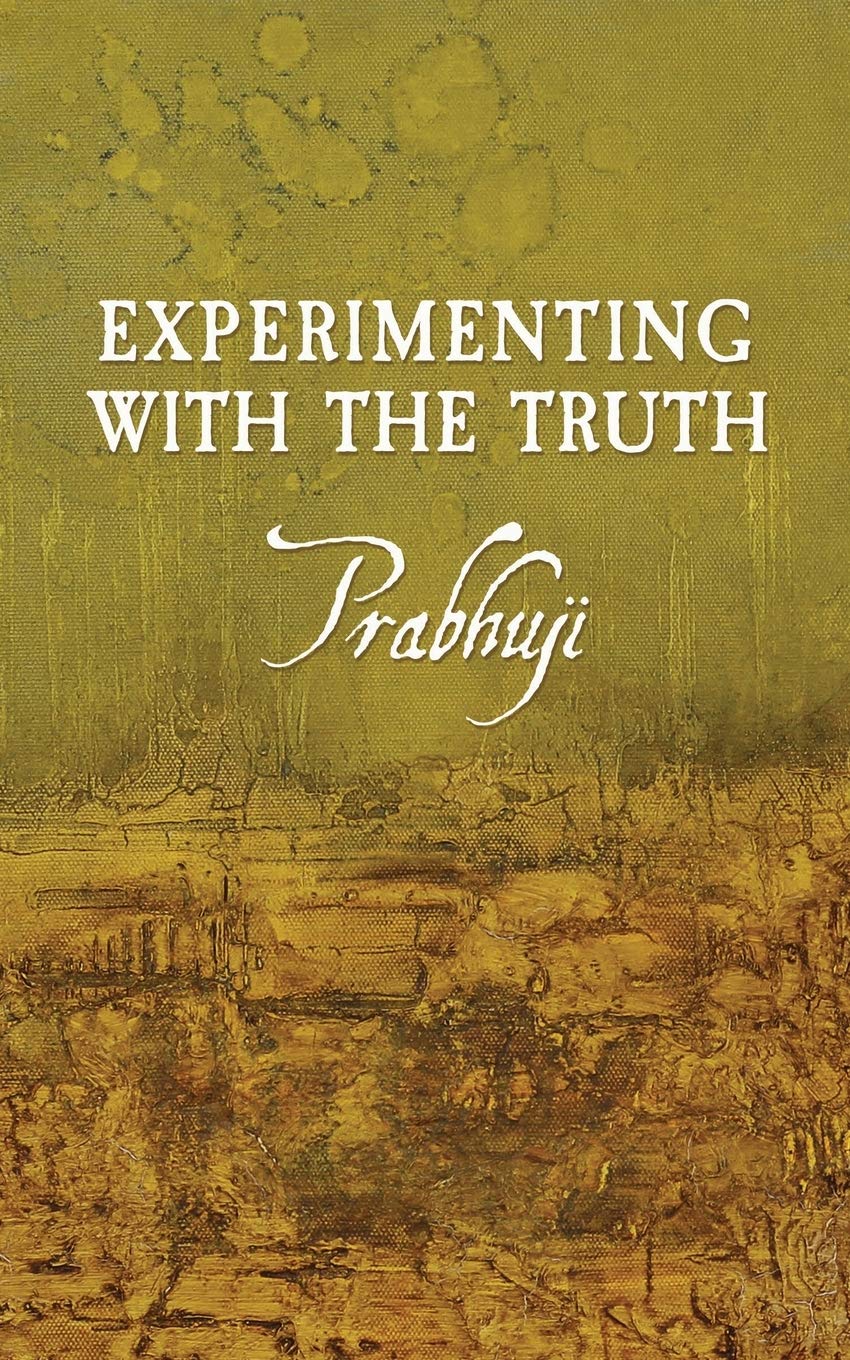Existence is extremely creative and avoids copies. Looking at the ocean waves, the mountains, and the flowers, we notice that life dislikes repetition. Different religions have created methods that mimic the circumstances in which enlightened ones awoke. If the prophet became enlightened while sitting, then the practice is to sit. If the saint found God while dancing, the sadhana is to dance. These activities, however, are not the cause. If one master awoke while sitting, the reason was not the body position or the chair. If another discovered the Divine while dancing, it was not because of the dance.
Before undertaking a practice, it is very important to put it in its place. Every religion has developed its own practices, yet followers have not necessarily achieved the coveted result. Their methods have not always been effective in transcending illusion. Jews, Christians, Hindus, and Buddhists have imitated their prophets for centuries without attaining the desired divine goal. Such practices have transformed religion into a business: whoever pays with the currency of practice will receive the desired merchandise. This has turned us into manipulators and opportunists.
Religion is unveiling our true existence in the reality of the present. If the practice is aimed at some goal, it projects us toward the future. Any sadhana that seeks enlightenment, as elevated as it may be, distracts us from the present moment. The only alternative is to create favorable conditions and cultivate the art of waiting properly; not expecting something in particular but transforming ourselves into unconditional waiting. There is nothing left to do but to meditate with great trust in life. In the right moment, a ray of light will illuminate your soul. In that fatal divine accident, you will perish as “someone” to be reborn as the Whole.







